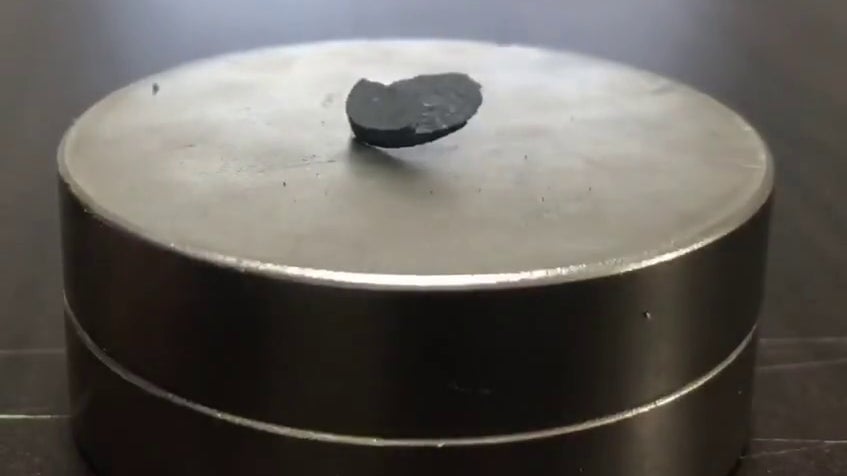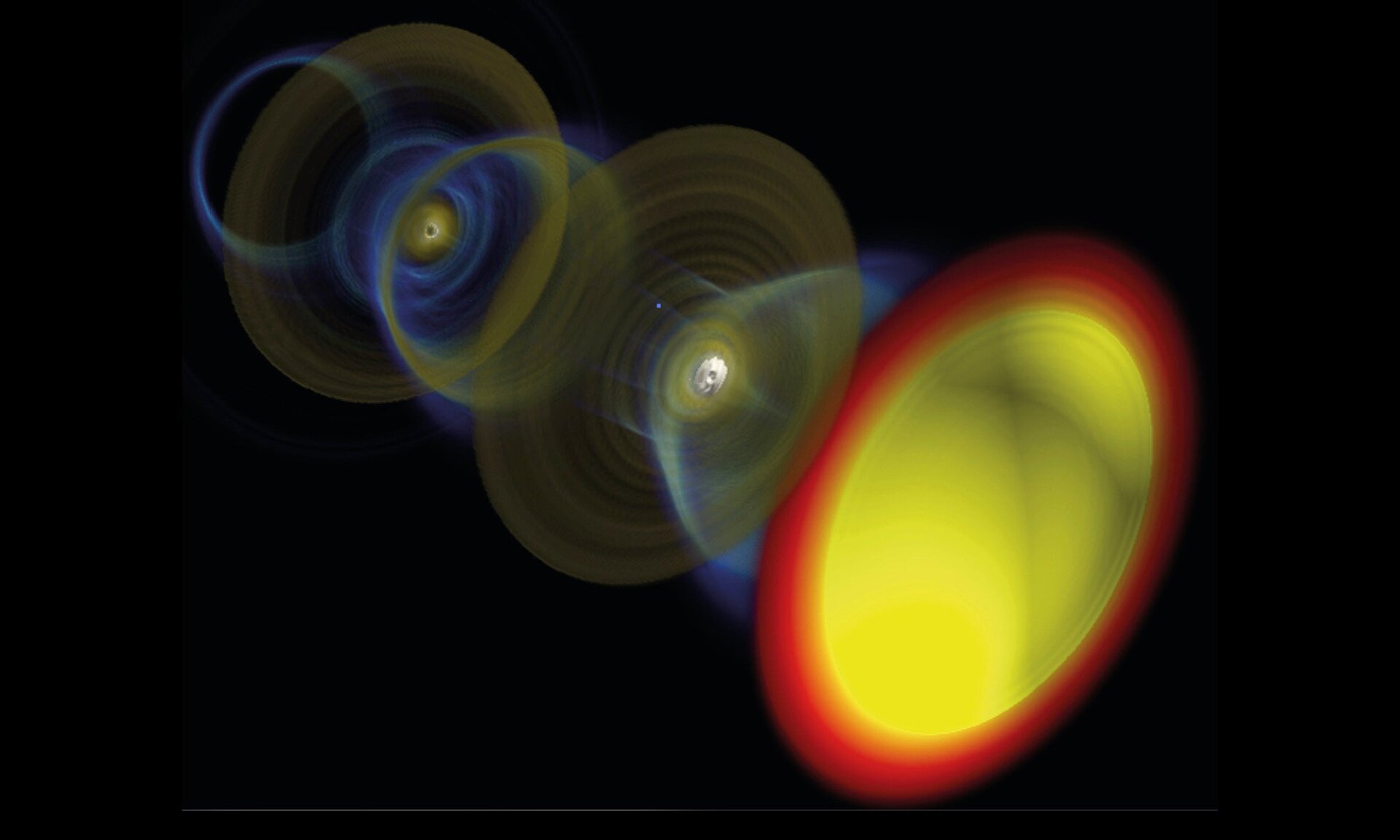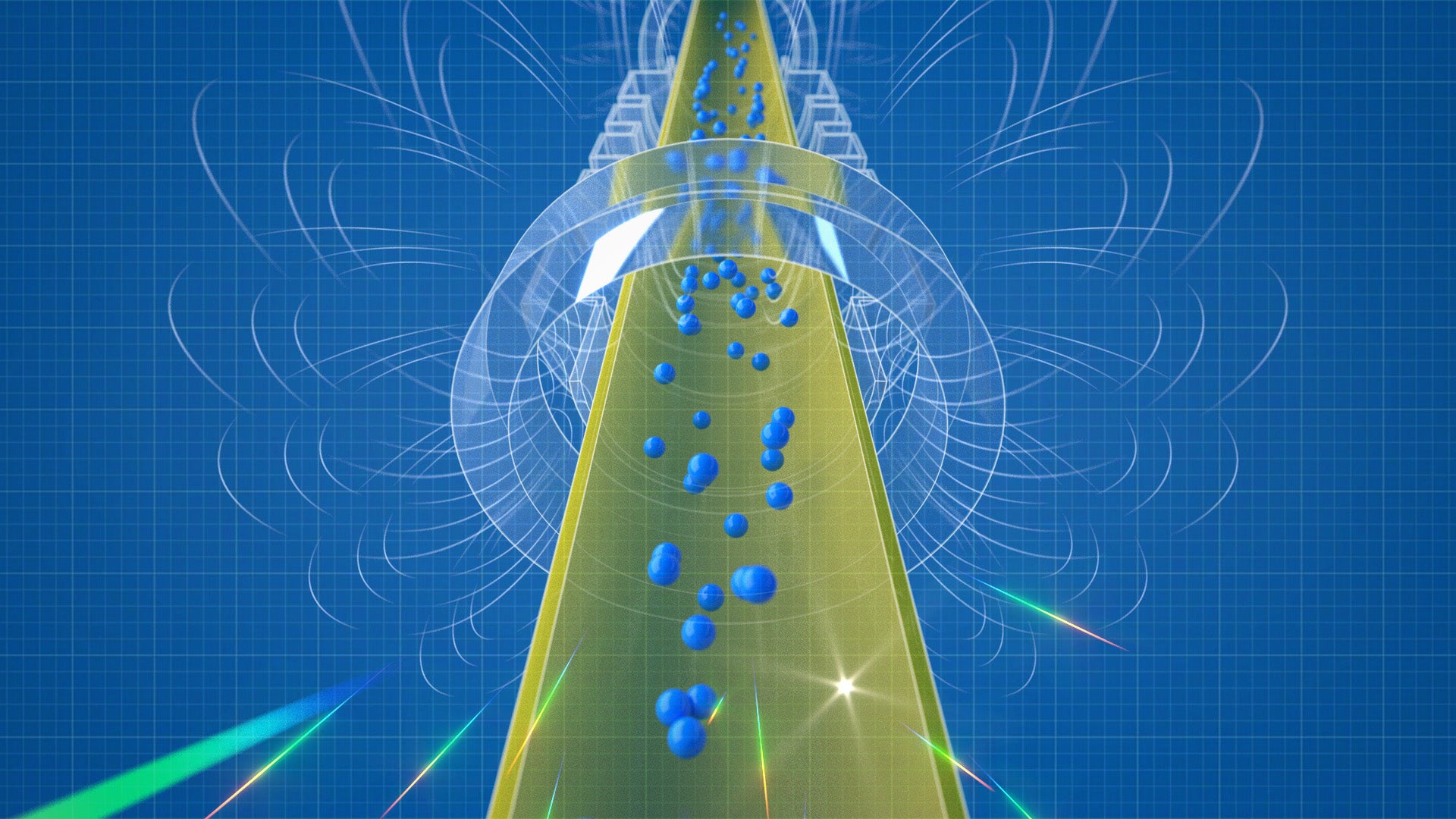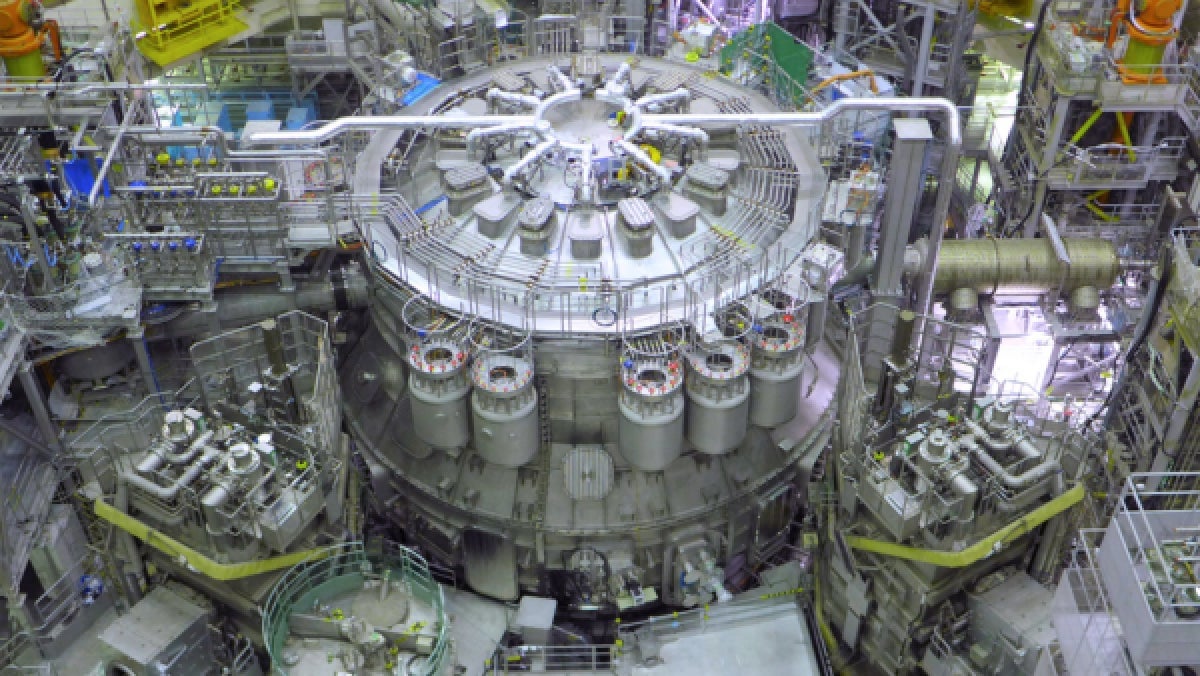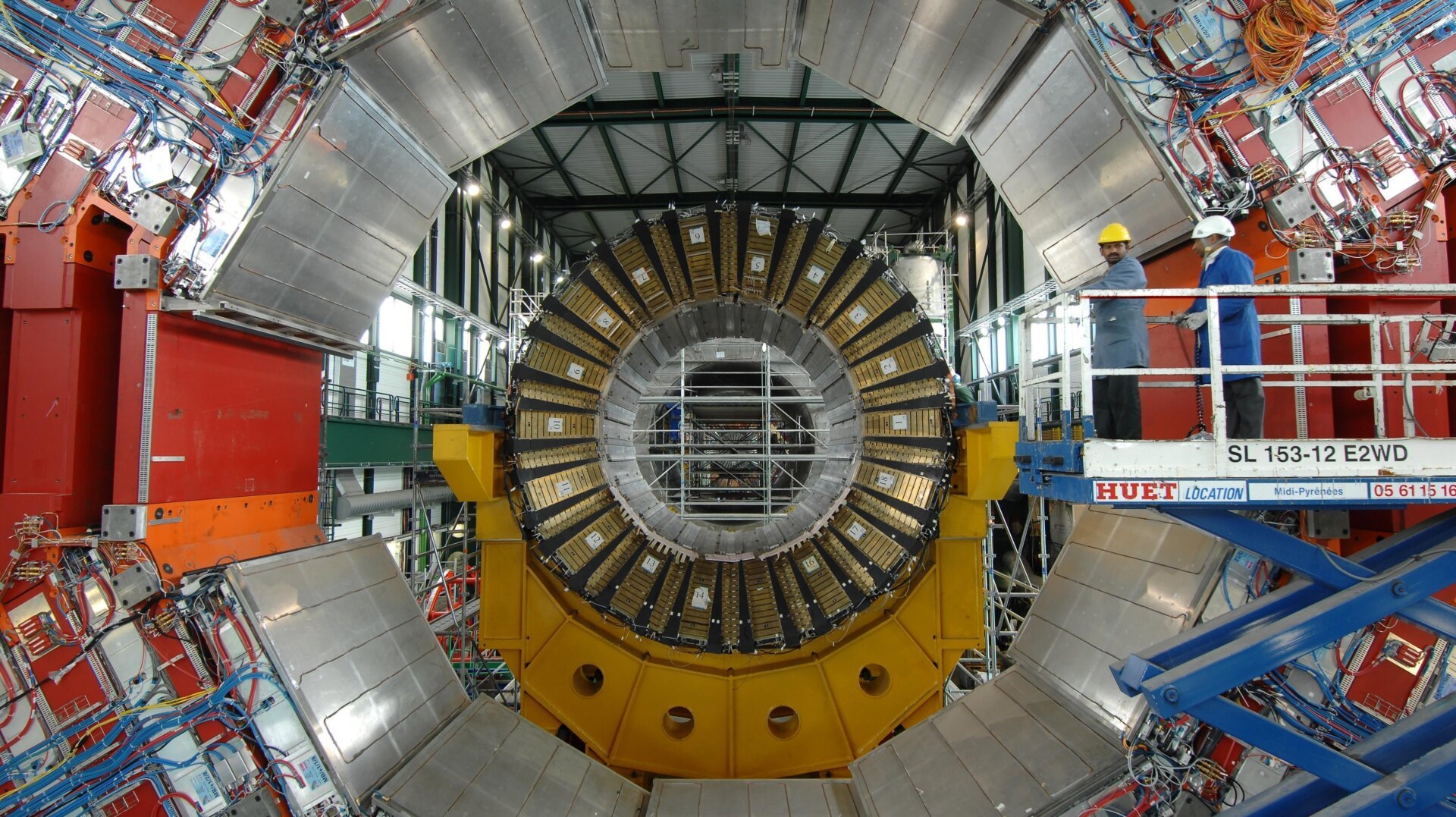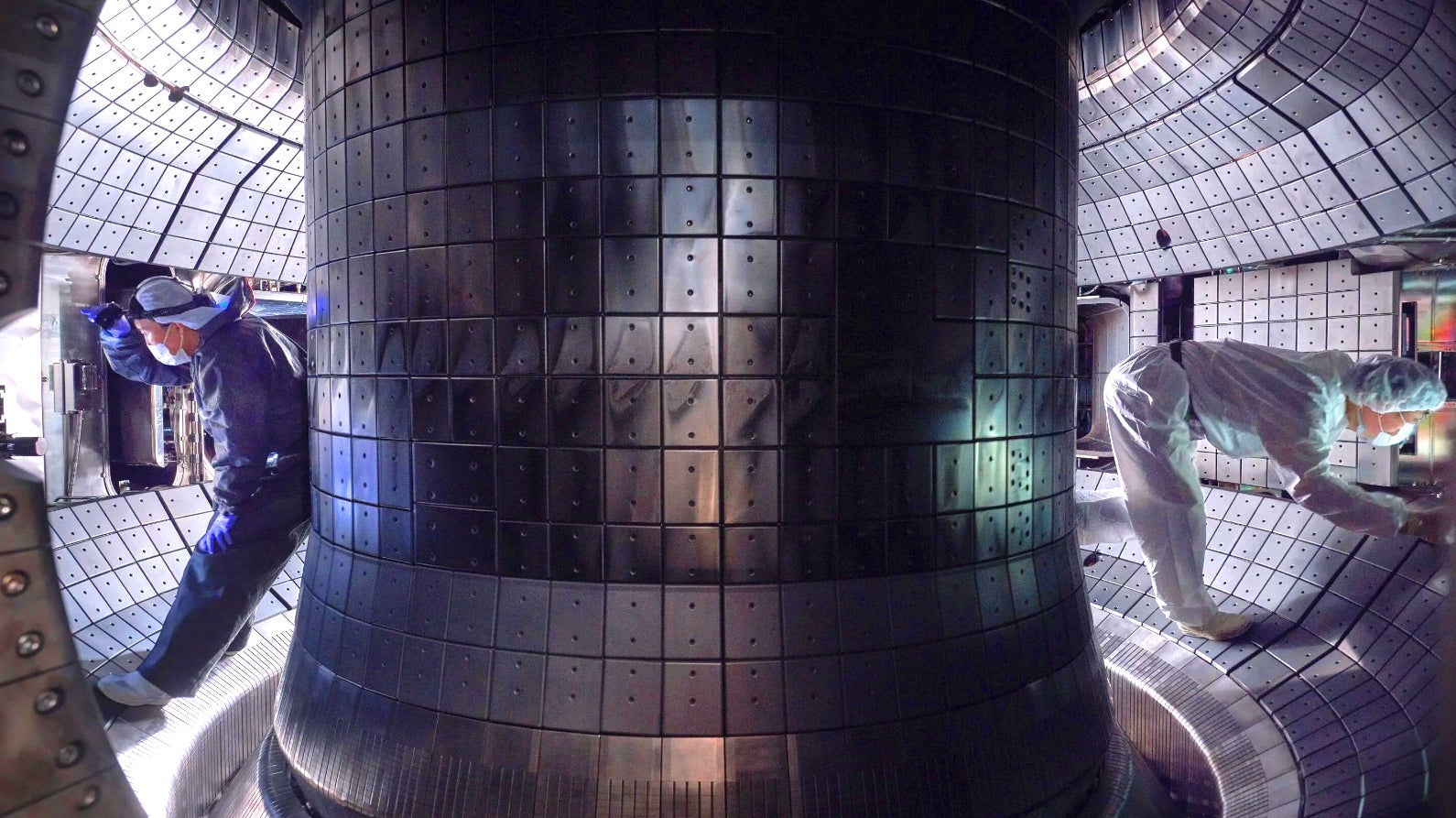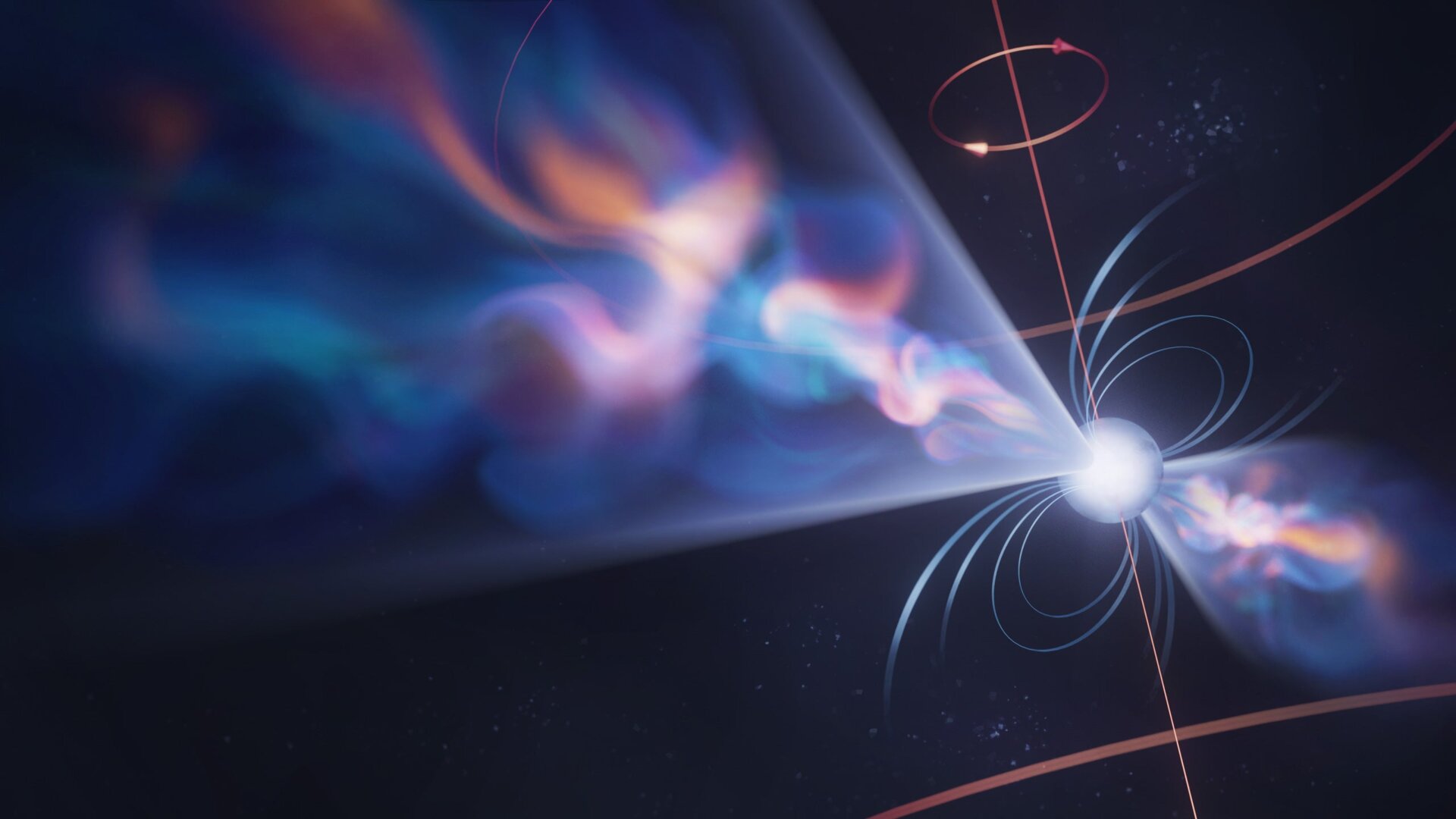The scientific community was recently captivated by the claim of a room-temperature superconductor, LK-99, a potential breakthrough with the power to reshape modern physics. However, these claims are now under scrutiny, and Korea University is investigating Professor Young-Wan Kwon, the author of the initial paper.
The investigation, as reported by Bloomberg, centers around a complaint alleging that Kwon published the LK-99 superconductor paper without the consent of his co-authors. Kwon initially uploaded the pre-print manuscript to Cornell University’s arXiv server in late July. A Korea University official confirmed to Bloomberg that the case necessitates a prompt investigation, estimated to take approximately six months. MaagX reached out to both Kwon and Korea University’s Graduate School of Converging Science and Technology, where Kwon is a faculty member, but received no immediate comment.
The arXiv record shows Kwon uploaded the paper on July 22nd, listing Sukbae Lee and Ji-Hoon Kim as co-authors. Just hours later, Lee and Kim uploaded a separate paper to arXiv, this time with four additional co-authors, notably excluding Kwon. According to Bloomberg, Kim Hyun Tak, a physics professor at the College of William & Mary, suggested that the second paper was a direct response to Kwon’s initial upload.
LK-99, a synthesized compound of copper, lead, phosphorus, and oxygen, was purported to function as a superconductor at temperatures up to 127 degrees Celsius (260 degrees Fahrenheit). However, as Nature highlights, other scientists have been unable to replicate the material and its claimed superconducting properties.
Despite the skepticism, the possibility of a room-temperature superconductor generated considerable excitement within the scientific community. Such a material, capable of conducting electricity with zero resistance, could revolutionize various sectors, including energy grids and transportation, by drastically improving electrical conductivity. Currently, superconductors typically require extremely low temperatures and high pressures, limiting their practical applications outside of laboratory settings.
This is not the first instance of room-temperature superconductor controversy this year. In March, a research team from the University of Rochester published a paper in Nature claiming to have developed such a material. However, the New York Times recently reported that the paper is being retracted, and one of the authors is under investigation for potential research misconduct.
In conclusion, the claims surrounding LK-99 highlight the complexities and challenges inherent in groundbreaking scientific research. While the initial excitement has been tempered by subsequent scrutiny, the ongoing investigation will undoubtedly contribute to a clearer understanding of the material’s properties and the circumstances surrounding its publication. The quest for a room-temperature superconductor continues, reminding us of the persistent pursuit of scientific advancement and its potential to transform our world.



